Buses could be banned from the part-pedestrianised Broad Street in Aberdeen.
The city centre street is currently shared by public transport, bikes and pedestrians.
Councillors voted to close it off to all other traffic in 2016. But they have since gone round and round about whether a bus ban would improve safety.
Broad Street was revamped at a cost of £3.2 million.
Then, full pedestrianisation was considered but ultimately watered down after protests from bus companies.
But the lack of kerbs has been a source of concern for the visually impaired.
Some have found themselves unknowingly in the middle of the road without the step to warn them.
Now, planners have been tasked with spelling out the implications of closing off Broad Street to all vehicles.
First Bus: Full Broad Street pedestrianisation threatens city centre economic recovery
And again, Aberdeen’s two largest bus operators have balked at the prospect of losing access.
First Bus revealed its”concern” and highlighted the “potential significant ramifications” full pedestrianisation could have for passengers and city centre retailers.
A spokesman told us: “If this proposal was to go ahead, we’d be keen to understand the mitigations available to ensure journey times and connectivity can be maintained for the good of the city centre economy and its recovery.”
Stagecoach Bluebird doubled down on the success of the Broad Street scheme, hailing its safety.
Their vehicles slow down to 5mph while in the shared space bus gate.
“We will engage with officers on the implications of the decisions made by councillors,” a spokeswoman told The P&J.
“The city’s bus operators have demonstrated that through extensive training and engagement with stakeholders, spaces like Broad Street can be managed safely, whilst providing effective priority and improved journey times to bus users.
“Bus services on Broad Street give direct access to major city centre destinations such as Marischal College, Marischal Square and the Bon Accord Centre.
“We know our customers depend on this easy access, including visitors to the city and those with reduced mobility.”
Stagecoach bosses even hope the shared space can be “replicated elsewhere in the city centre”.
Fewer shared bus and pedestrian spaces in Aberdeen, not more
However, that appears unlikely in the next five years.
Behind the Union Street debate, opening up Broad Street was right at the top of the list of promises made by the Liberal Democrats at May’s local election.
They have long been leading the fight to block it off.
During power-sharing talks, their opposition to the creation of new shared surfaces was made council policy.
The SNP and Lib Dem coalition also pledged to lead public engagement on future access to both Broad Street and the Granite Mile “with a view to ensuring safe pedestrianised areas”.
Council co-leaders Alex Nicoll and Ian Yuill said reducing vehicles would “make the area a much more pleasant place”.
As a result of plans to pedestrianise Schoolhill and Upperkirkgate, proposals for a £200,000 pedestrian crossing which had been hoped to help with Broad Street accessibility concerns have been ditched.
The Broad Street rethink was added to a huge to-do list for city planners. It also includes mapping out changes in Union Street, Queen Street, George Street and the beachfront.
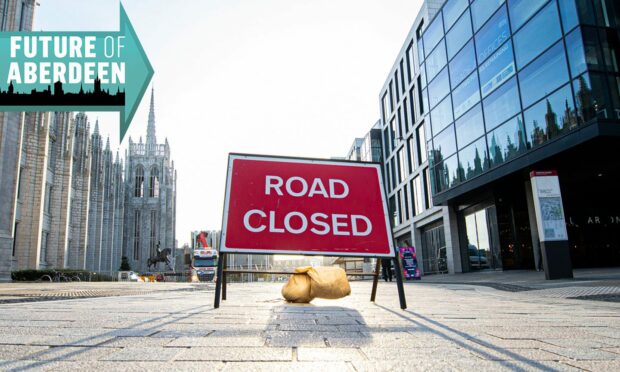
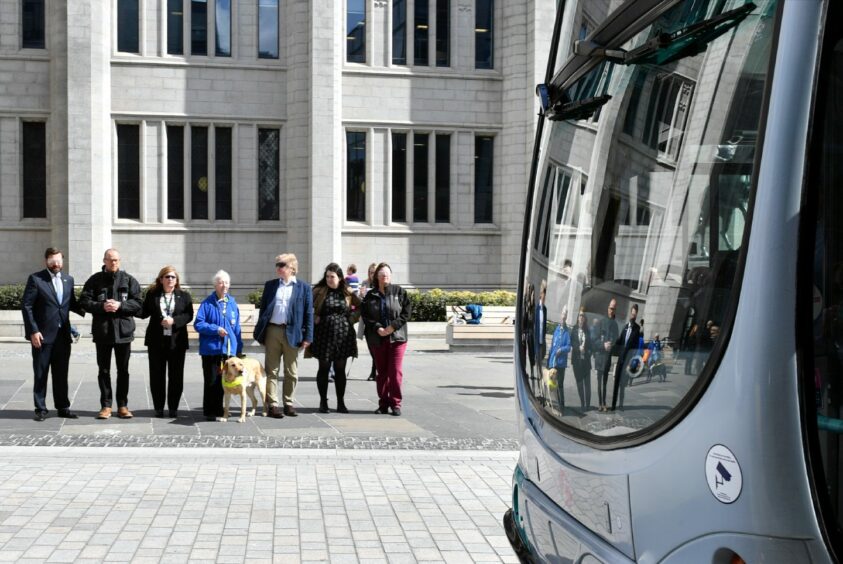
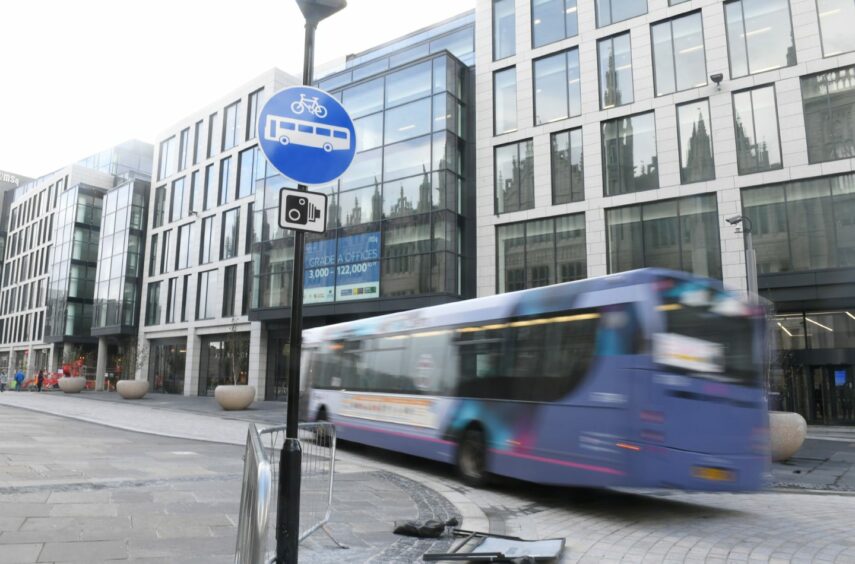
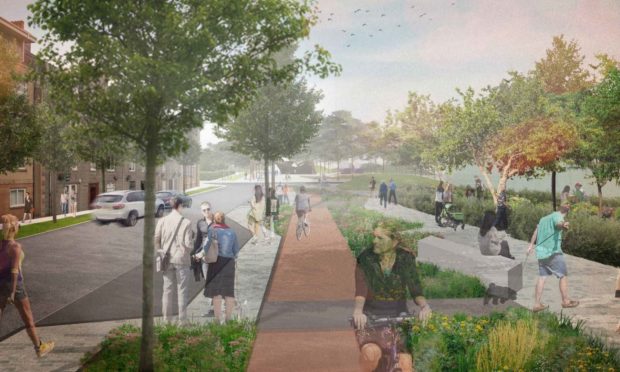
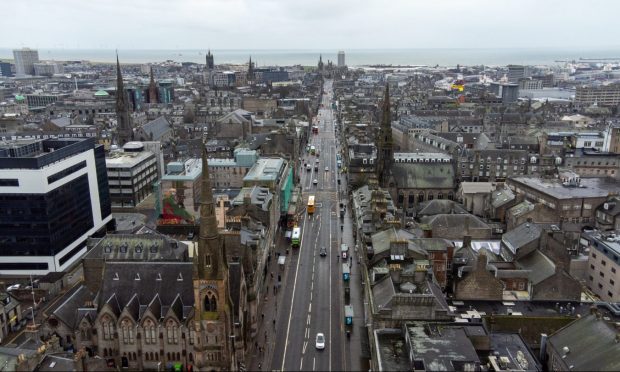
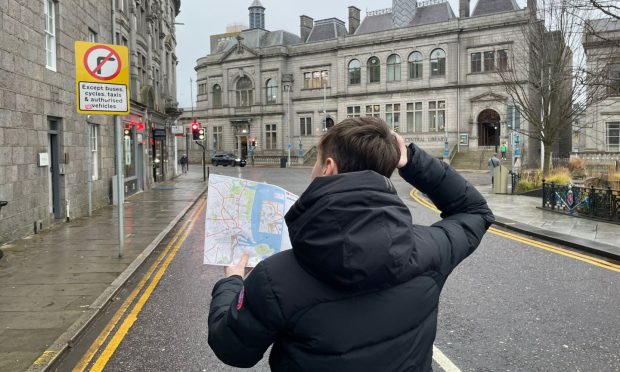
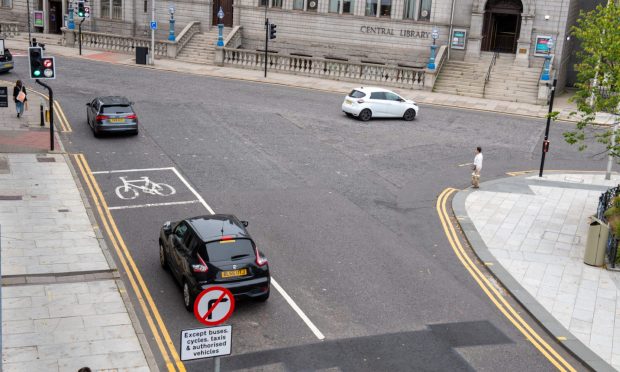
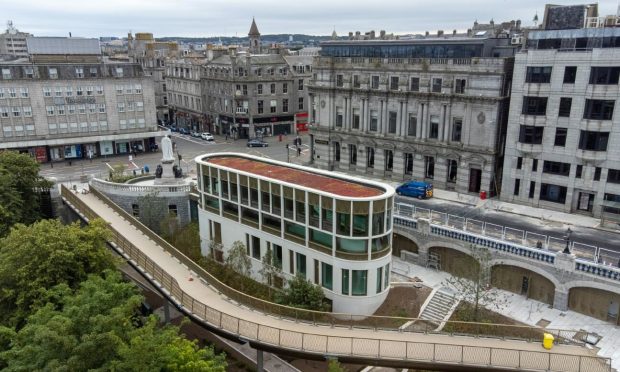
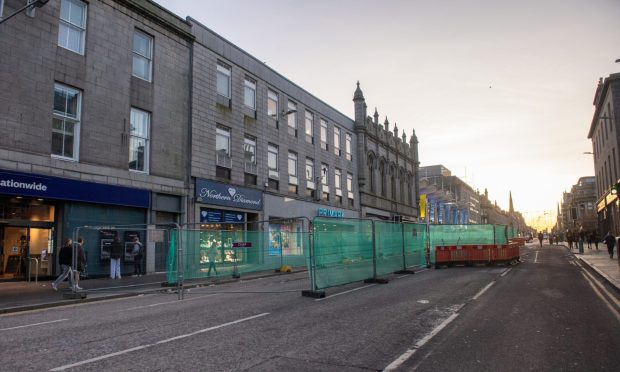
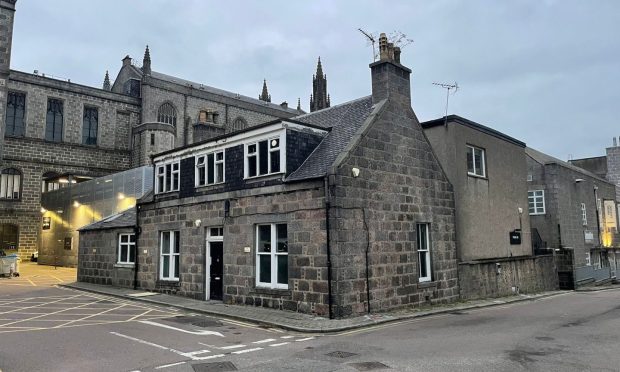
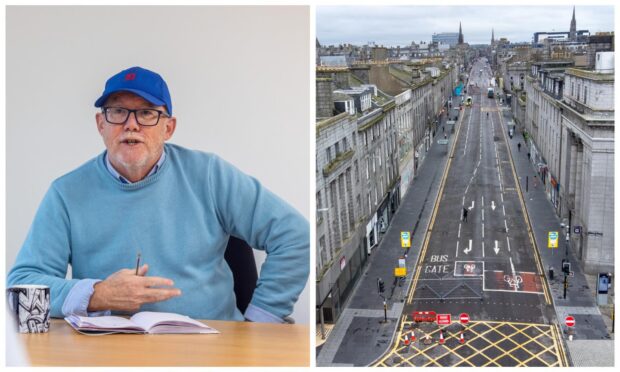

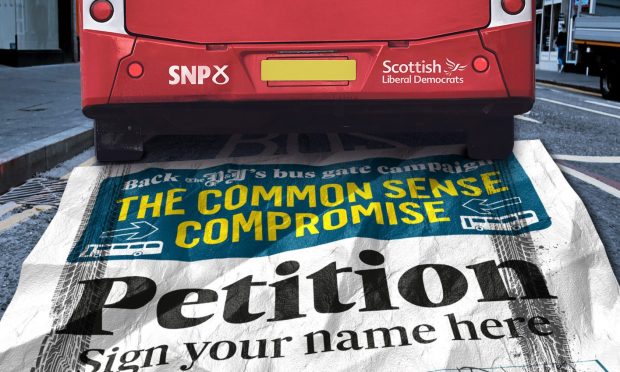
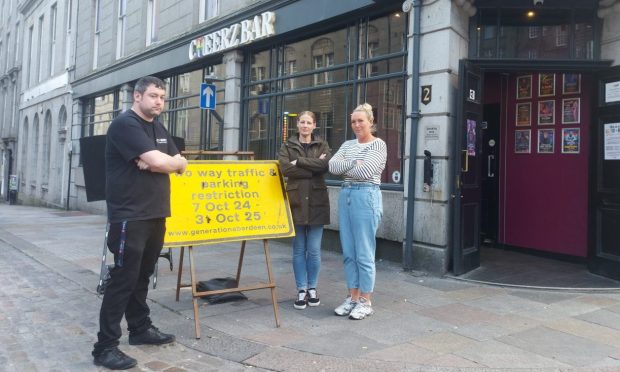
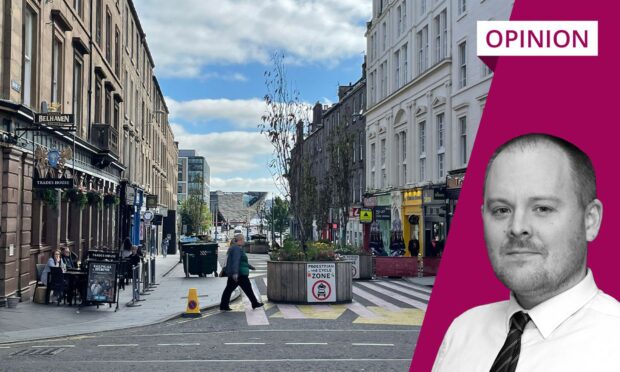
Conversation